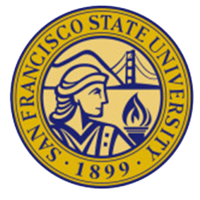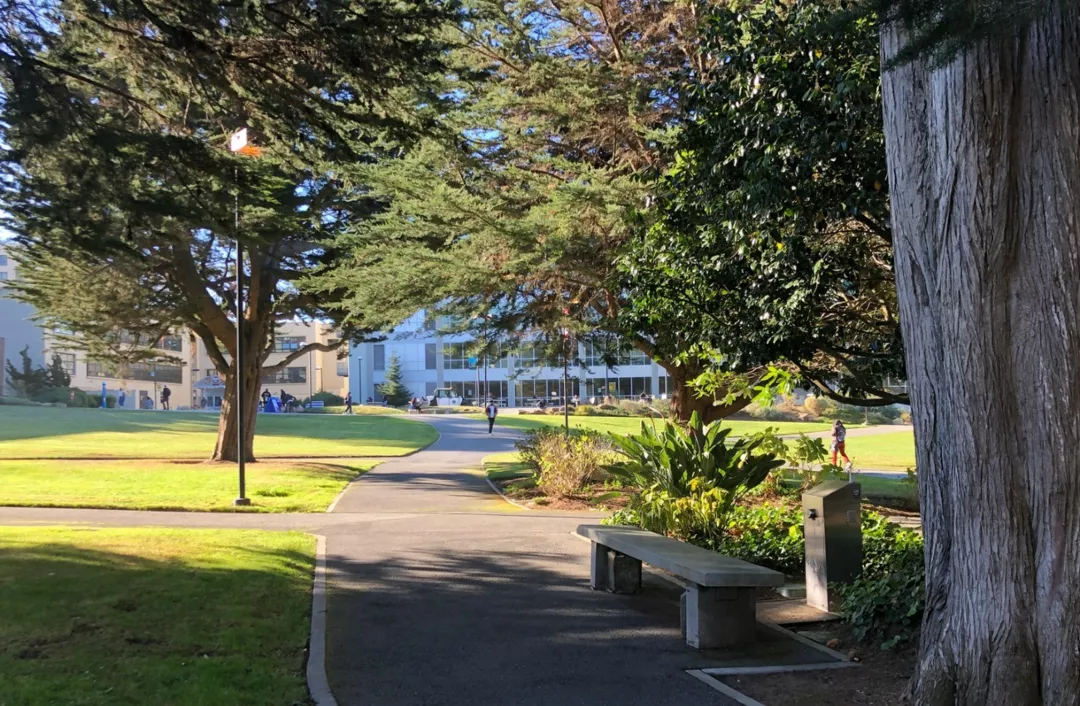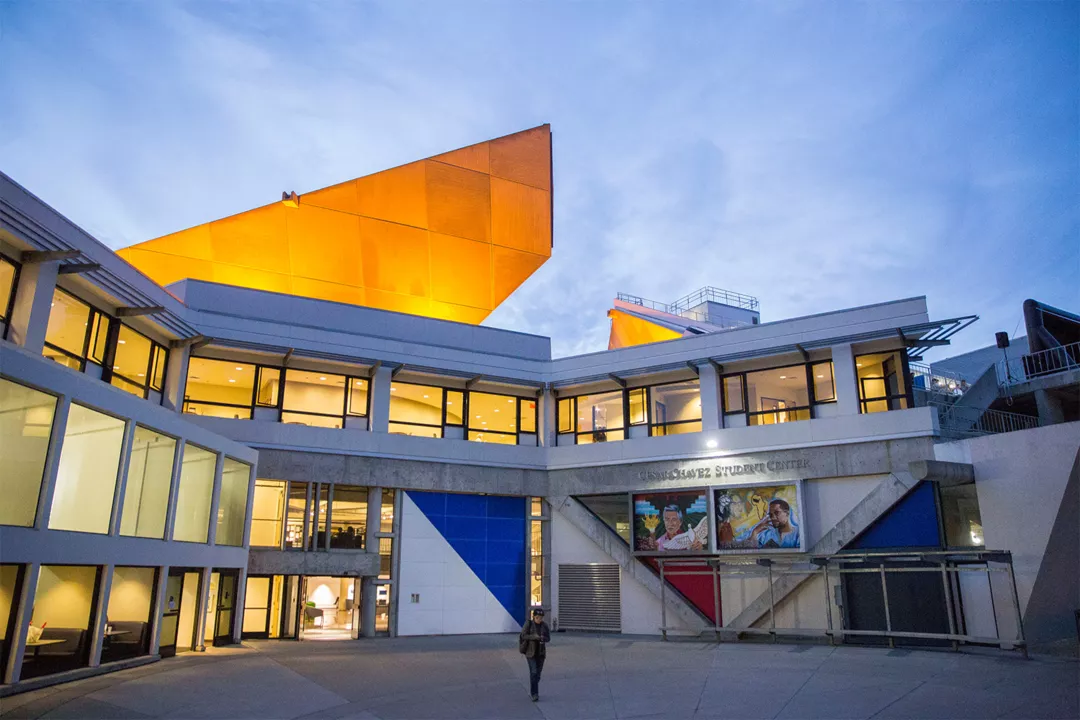-
hello@abroadcube.com
Mail us
-
Call For Help:
98779 83783
-
Whatsapp Us
70090 34921


The MSME program provides students the opportunity to deepen their knowledge and gain hands-on experience in modern mechanical engineering fields. To broaden the students’ perspective in their chosen field, the program offers core courses in the fields of thermofluids, energy systems, robotics, mechatronics, controls, biomechanics, and materials. In addition, elective courses offer an opportunity for students to pursue additional interests and better align their coursework with their career objectives. A culminating experience of either an applied research project or a research thesis option that includes an extensive research opportunity under the guidance of a faculty in their respective field.
These experiences allow students to practice their knowledge and gain hands-on engineering practice. The non-sequential structure of most graduate courses permits students to take courses in their areas of interest without committing themselves to a long series of courses. The 30-unit degree offers a focused curriculum in which students learn how to develop concrete technical skills to succeed in a career in engineering. T
This program prepares the students to become independent problem-solvers, garner new technical skills beyond a baccalaureate degree, collaborate with peers in group projects, have an advancing technical career in industry or enter Ph.D. programs at other universities, and complete lab or practicum requirements as needed. Most graduate courses are scheduled in the evenings, to facilitate the schedules of working professionals.
Applicants should have a baccalaureate degree in mechanical engineering or a closely related field before enrolling in their first semester in the Master’s program. Those without suitable preparation may be admitted conditionally, with advancement to classified graduate status after completion of required preparatory coursework.
| Level | Masters |
| Discipline | Engineering |
| Duration | 24 months |
| Intakes | Jan, Aug |
| Application Fees | USD 0 |
| Tuition Fees | USD 13512 |
| Campus | Main |
| Language proficiency (minimum) | |
| IELTS | 7 |
|---|---|
| TOEFL | 80 |
| PTE | 65 |
| Duolingo | Not Accepted |
| Exam proficiency (minimum) | |
| SAT | Not Required / Waiver |
|---|---|
| ACT | Not Required / Waiver |
| GRE | Not Required / Waiver |
| GMAT | Not Required / Waiver |
Minimum GPA - 77%
QS Quacquarelli Symonds is the world’s leading provider of services, analytics, and insight to the global higher education sector, whose mission is to enable motivated people anywhere in the world to fulfil their potential through educational achievement, international mobility, and career development.
THE (Times Higher Education) has been providing trusted performance data on universities for students and their families, academics, university leaders, governments and industry, since 2004. We create university rankings to assess university performance on the global stage and to provide a resource for readers to understand the different missions and successes of higher education institutions.
The Academic Ranking of World Universities (ARWU) was first published in June 2003 by the Center for World-Class Universities (CWCU), Graduate School of Education (formerly the Institute of Higher Education) of Shanghai Jiao Tong University, China, and updated on an annual basis
The "Webometrics Ranking of World Universities" is an initiative of the Cybermetrics Lab, a research group belonging to the Consejo Superior de Investigaciones Científicas (CSIC), the largest public research body in Spain. CSIC is among the first basic research organizations in Europe. The CSIC consisted in 2006 of 126 centers and institutes distributed throughout Spain.


